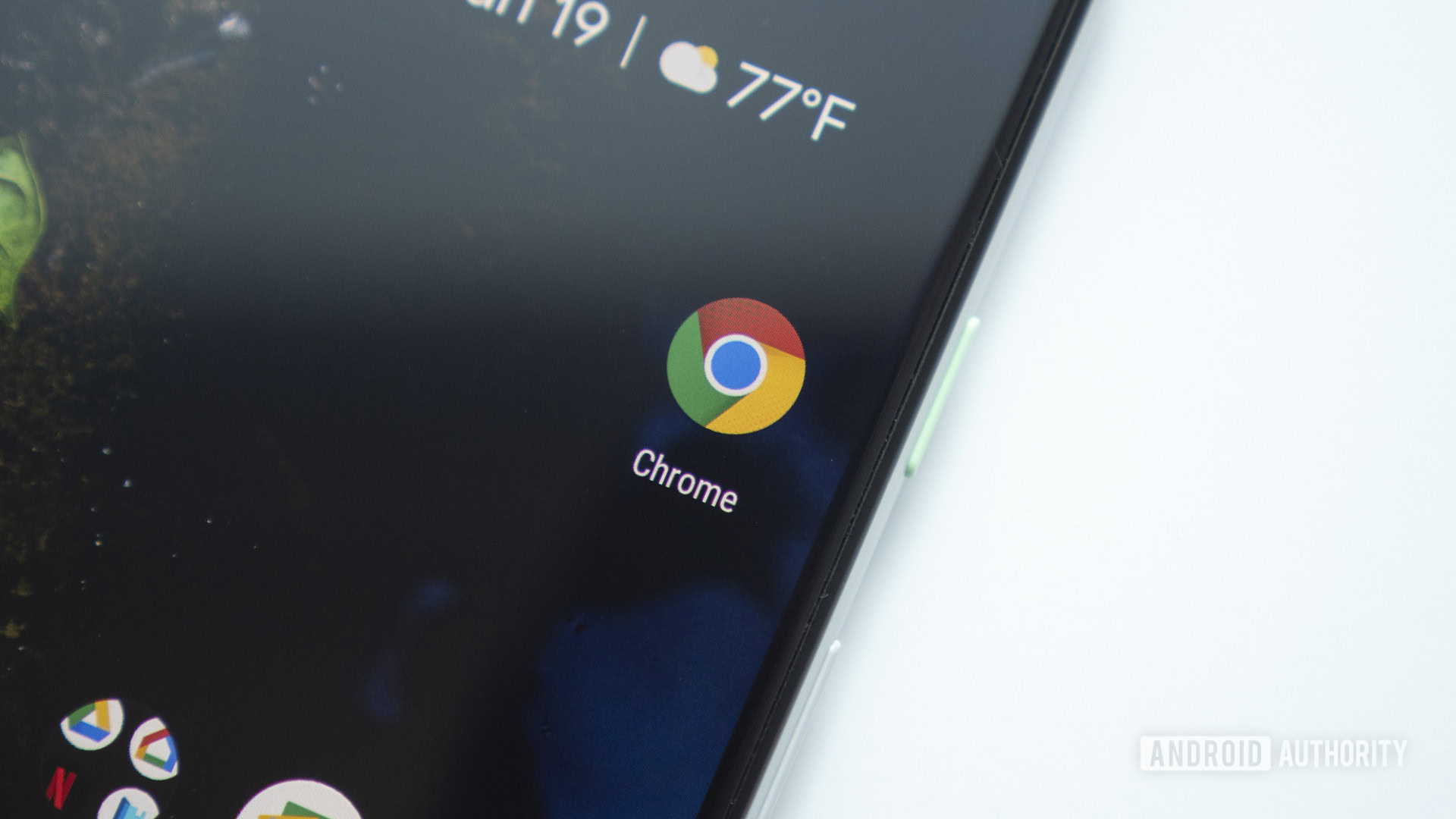Affiliate links on Android Authority may earn us a commission. Learn more.
Chrome for Android will soon be even more of a memory hog, but more secure
Published onOctober 17, 2019

Chrome for Android — and the Chrome browser in general, regardless of platform — is often criticized as being a memory hog. Especially when compared with other browsers, Chrome consumes a seemingly excessive amount of processing resources.
Unfortunately, the newest update to Chrome for Android will only increase the amount of resources it consumes. However, it’s for a really good reason: enhancing Site Isolation.
We covered the Site Isolation feature in Chrome in an earlier post when Google first launched Chrome 77. Site Isolation does exactly what it sounds like it does: it allows Chrome to isolate a site from other sites, which cuts down the chances that a malicious site could take advantage of another.
With Chrome for Desktop, the browser is constantly doing this no matter which site you are visiting. With Android, though, that would put too much stress on the system, especially if you’re talking low-end Android devices. That’s why, instead, Chrome for Android will only use Site Isolation when a user is on a site that requests a password.
Let’s say, for example, that you visit a shopping site within the Chrome browser on your phone. When you go to log in to your account, Chrome will automatically turn on Site Isolation to help protect your sensitive information from other sites. Next time you visit that particular site, Chrome will remember that it is a sensitive site and turn Site Isolation back on again.
Meanwhile, a less critical site without a password request will still connect with other sites on the internet.
Google posits that this new implementation of selective Site Isolation will cause Chrome for Android to consume 3-5% more memory than it would without the feature. It says it is working hard to optimize this, but for now, that’s what Site Isolation costs.
Site Isolation is active now for nearly all Android devices with at least 2GB of RAM running Chrome 77 (a very small subset of users do not have the feature so Google can A/B test). It’s unlikely you’ll ever notice Site Isolation at work but now you know it’s there.